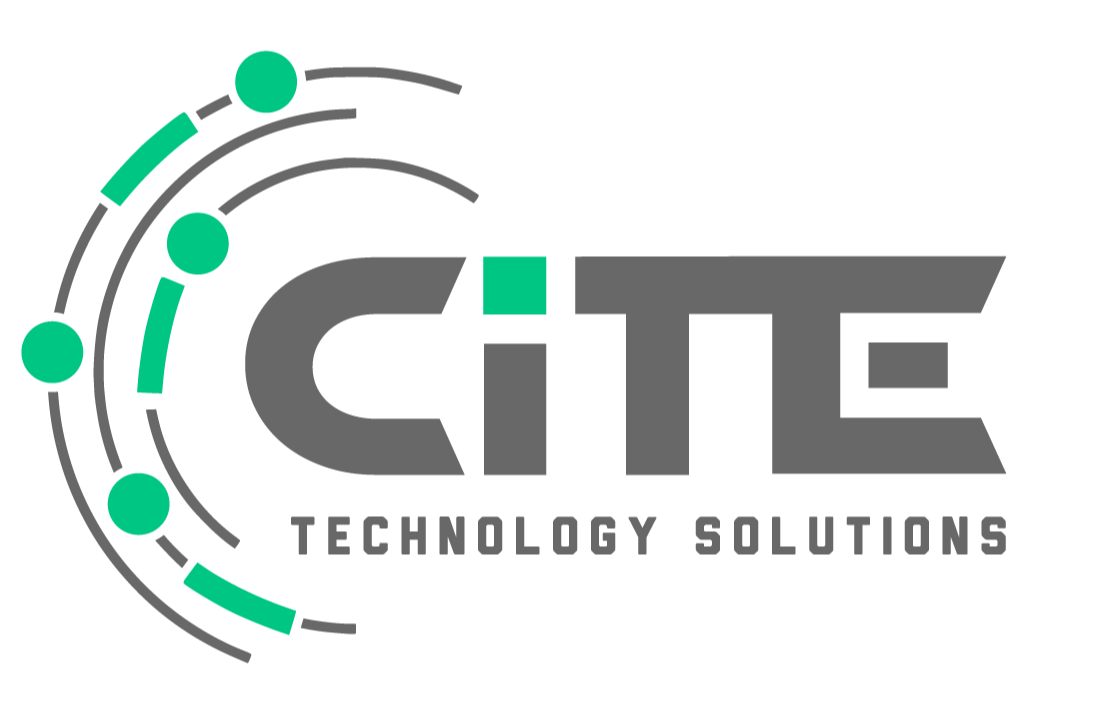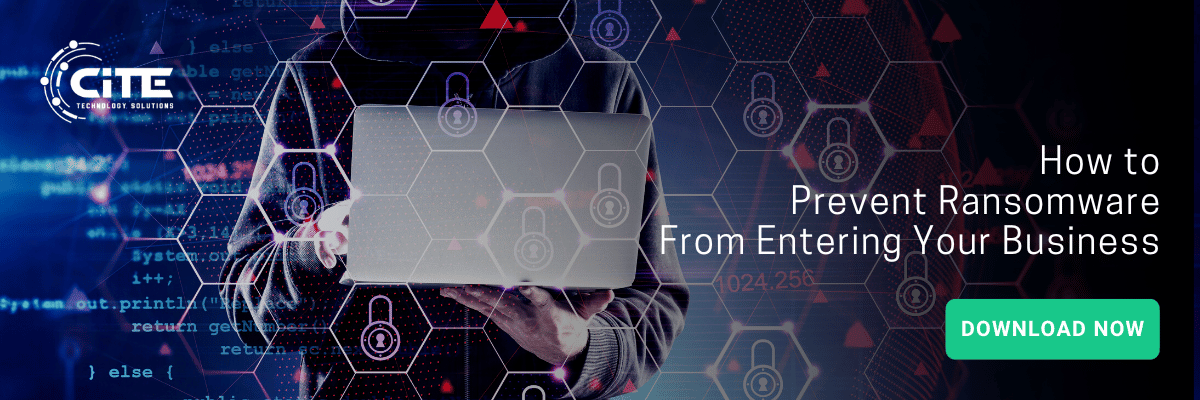
Ransomware can lead to data breaches, which are costly and time-consuming to fix. By taking steps to prevent ransomware attacks, you can protect your business from this type of damage.
As a data regulator, it is your business' responsibility to keep customer data safe from cyberthreats. This includes informing clients about any breaches within a given time period and providing evidence of security efforts in the form of documentation. While different regulations have distinct breach notification mandates, the principle remains the same.
Even though most people believe that data isn't actually "stolen" in a ransomware attack, no organization hit by ransomware can confirm this. That's why compliance regulations require businesses to tell their clients if their data is at risk.
Many businesses, however, tend to operate in something of a “gray area” when it comes to notifying their stakeholders about data breaches. Adopting an inclusive approach that combines the best of cybersecurity and compliance is crucial for any business.
In this blog post, we'll explore the dangers of proceeding without caution and why your business needs to utilize an inclusive approach that combines excellent cybersecurity with full compliance.
- The gray area
- The top reasons businesses avoid publicizing a data breach
- You need to cover both ends
The gray area
Some organizations believe that they don't need to share information about all ransomware attacks because not every hacker can somehow decrypt the data themselves. They figure that only during more complicated attacks do hackers have the required skills to decrypt, remove and misuse data. Consequently, these businesses only classify an attack as a breach when it's sophisticated enough.
However, this assumption is dangerous for two reasons. First, tools that make it easy to launch ransomware attacks are readily available in the market. Second, even if you're not skillful yourself, a hacker can easily catch you off guard and wreak havoc. Regulatory agencies have a different perspective on the situation as well.
For example, as advised by the U.S. Department of Health and Human Services in accordance with HIPAA’s Privacy Rule, companies should assume that ransomed data always contains Personal Health Information--even if there is only a "low probability" case. In fact, some data breach notification regulations are so strict that businesses must notify customers of an unauthorized access even if no personal data was stolen.
The top reasons businesses avoid publicizing a data breach
While coming to terms with a data breach is difficult for any business- due to the severe financial and reputational repercussions- there are other reasons why businesses choose not to share this information.
Inability to comply with data breach notification norms
Many businesses are unaware of the impending legal action they may face if failing to adhere to breach notification norms set by international regulations. By not reporting a ransomware attack in a timely manner, you leave your business vulnerable to possible penalties from regulators.
The GDPR, or the European Union’s data privacy and protection regulation, requires businesses to report any breaches within 72 hours. Once a business's IT team determines that a breach has occurred, they have only a limited time frame to act.
Is your business capable of adhering to such norms?
The “victim versus victimizer” perception
If a business falls victim to ransomware, they might have to report the breach to stakeholders and law enforcement. Even if they pay the ransom, law enforcement could still see them as a victim. However, regulators might see the business as at fault for not protecting their customer's data in the first place.
If the security audit finds that the business is not in compliance with mandatory regulations, the regulators will take punitive action after taking several considerations into account.
Reputational damage
Follow a data breach, most customers prefer not to engage with the brand. Who would want to support a business that can't even protect itself?
If your business falls victim to a ransomware attack, not only will you have to deal with the financial damage caused by downtime, but you'll also have to rebuild your reputation and regain the trust of your customers. This process is long, tedious, and often futile. This is one of the main reasons businesses don't report a ransomware breach.
You need to cover both ends
No business is entirely safe from ransomware or other cybersecurity attacks, but you can still show that your company takes steps to prevent security breaches and data loss. This is exactly what compliance regulators want to see—how well your company can anticipate risks and follow procedures after an attack occurs, while also obeying applicable regulations.
By partnering with an experienced MSP that has a long history of protecting businesses from complicated cybersecurity threats and non-compliance risks, your business will reap many benefits.
Allow us to help you by proactively meeting all your cybersecurity and compliance needs today. You don't have anything to lose-Contact us for a consultation now!
In addition, to help you protect the security and privacy of your data, we have drafted a checklist titled "CYBERSECURITY CHECKLIST FOR DATA SECURITY AND PRIVACY" that you can download by clicking here
Related Articles:
Everything You Need to Know About Malware - Malware is no fun to deal with. Learn how to defend your devices against Malware software and the ways Cite Tech can help!
3 Types of Cyber Insurance You Will Need to Know About - Cyber insurance is designed to safeguard enterprises from the financial consequences of a cyber catastrophe that might jeopardize their future.
Don’t Fall for These 4 Cyber Insurance Myths - By busting these top 4 cyber insurance myths, you will be able to make more accurate decisions for your business in the event of a cyber incident.
About CITE Technology
Cite Technology Solutions strives to provide the very best in IT solutions.
We provide comprehensive IT solutions for small and mid-sized organizations with complex needs. Offering 24/7 Tech Support, Remote Support, Cloud Storage and Vendor IT Management. We specialize in data management, medical imaging, HL7 interfacing, and HIPAA compliance.






.png)

